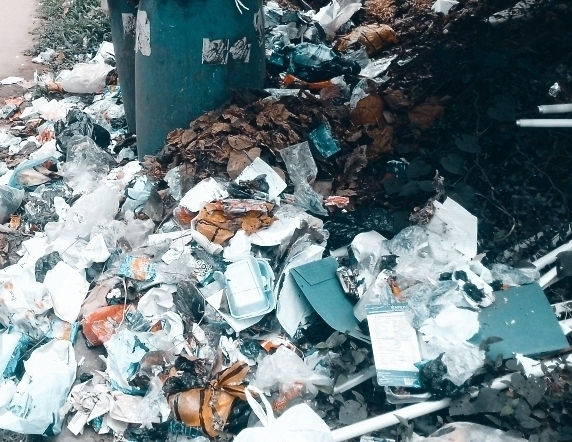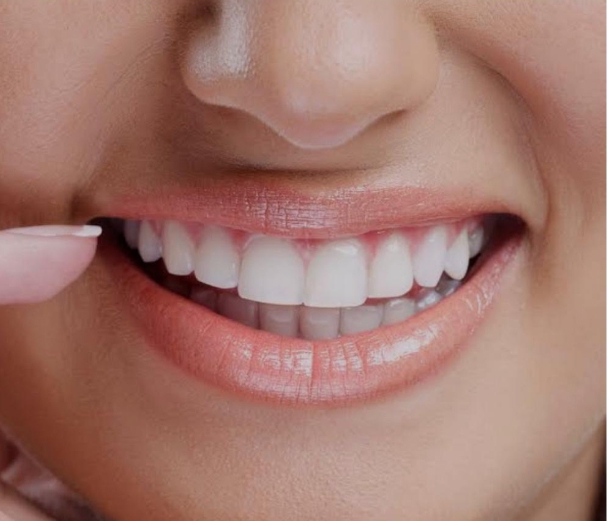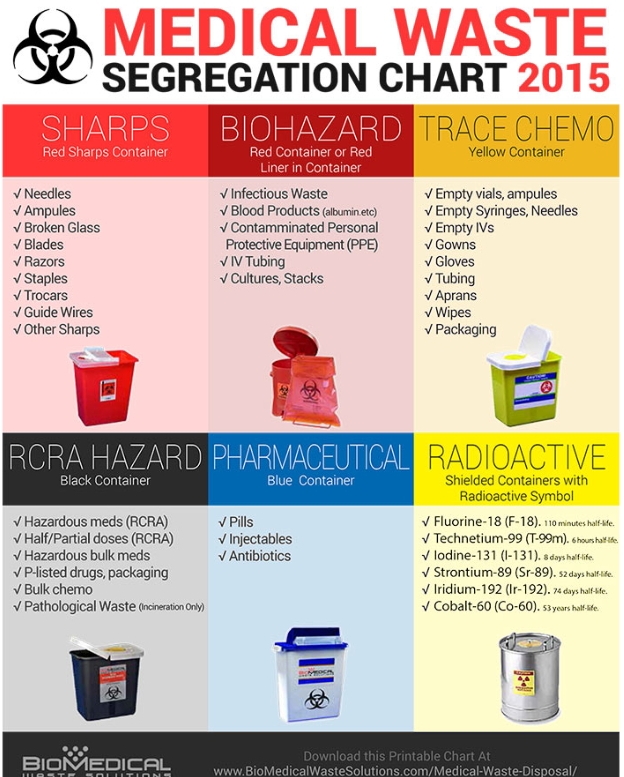All That Glitters is Not Gold: Calcium Carbide and Your Health

By: Marvellous Olajide
Have you ever been stuck in traffic and spotted a tray of perfectly shiny fruits stacked neatly by the roadside? “Wow, these fruits look so fresh,” you think, maybe even buying a few. But what if I told you that those “perfect” fruits may have been artificially ripened with calcium carbide?
Recently, the Federal Competition and Consumer Protection Commission (FCCPC) issued a strong warning to Nigerians about the dangers of consuming fruits ripened with this chemical. Many students may wonder, “Why does this matter to me?” The truth is, it’s closer to us than we think.
WHAT IS CALCIUM CARBIDE?
Calcium carbide is a chemical compound mainly used in industries for welding, producing acetylene gas, and steelmaking. Unfortunately, some fruit sellers in Nigeria illegally use it to force-ripen fruits like bananas, mangoes, pawpaw, oranges, and plantains.
Why? Because it works fast. A fruit that should naturally ripen in days can be made to look ripe in just 24 hours. For sellers, that means quicker turnover and more profit. But here’s the problem: these fruits are only “painted” ripe. Inside, they remain hard, tasteless, and most dangerously, toxic.
HEALTH RISKS OF CALCIUM CARBIDE
The FCCPC’s warning isn’t random. Calcium carbide, when it comes in contact with moisture, releases arsenic and phosphorus hydride, both poisonous to humans. Eating chemically ripened fruits regularly can lead to:
Immediate effects: Burning sensation in the mouth/throat, stomach pain, and diarrhoea. Imagine grabbing a fruit snack before class only to end up in the restroom all day—not fun.
Long-term damage: Liver and kidney problems. Silent killers that build up over time.
Neurological issues: Memory loss, headaches, and sleep disturbances. If you’re already staying up late to study, this is the last thing you need.
Cancer risk: Some of the chemicals released are carcinogenic, increasing long-term health risks.
So, while you may be choosing fruits over junk food as a “healthy option,” you could unknowingly be swapping one danger for another.
WHY STUDENTS SHOULD CARE
For students on a budget, fruits feel like the affordable path to healthy living. A ₦100 mango or a ₦400 bunch of bananas seems like a smarter choice than fast food. But what happens when those fruits themselves are harmful? This isn’t just a farmer’s issue. It’s an issue for you and me—the everyday Nigerians who just want safe food.
HOW TO SPOT CHEMICALLY RIPENED FRUITS
While it’s not always easy, here are signs to watch out for:
Too-perfect colour: If the fruit looks unnaturally bright or evenly yellow, be suspicious. Naturally ripened fruits often have green patches or uneven colour.
Hard texture: A fruit that looks ripe but feels too hard may have been force-ripened.
Taste: Artificially ripened fruits often taste bland or slightly metallic.
Unusual spots: Fruits, like bananas, when ripened with carbide may develop strange black patches.
WHAT YOU CAN DO
Don’t panic; fruits are still one of the best gifts you can give your body. Here’s how to stay safe:
Buy from trusted sources: Preferably from vendors you know or local farmers.
Wash thoroughly: Rinse fruits properly; peeling helps reduce chemical exposure.
Choose seasonal fruits: They’re more likely to have ripened naturally.
Try home gardening: Even as a student, you can grow pawpaw, tomatoes, or vegetables in small spaces.
Spread awareness: Educate friends who may not know the risks.
FINAL THOUGHT
The FCCPC is right to raise this alarm, but laws alone can’t solve it. Sellers often use calcium carbide out of ignorance or desperation. As consumers, we must use our voices and choices to push for safer practices.
Imagine a Nigeria where you can buy mangoes without wondering if they’re toxic. Imagine students reaching for fruit and actually nourishing their bodies, not poisoning them. We already face enough stress—academics, financial struggles, and navigating adulthood. The last thing we need is poison disguised as food.
So, next time you see that too-perfect mango or unusually bright banana, pause and ask: Is this fruit truly ripe, or chemically forced? Because protecting your health today is the best investment you can make in the future you’re working so hard to achieve.







